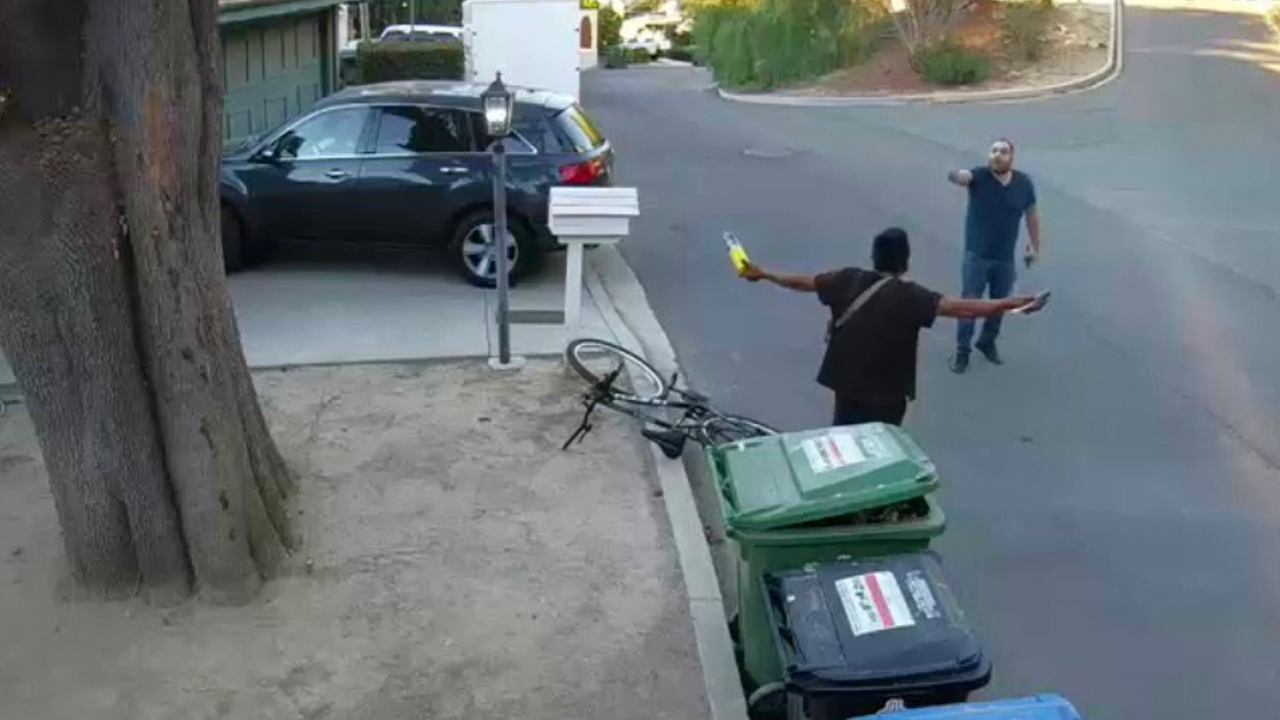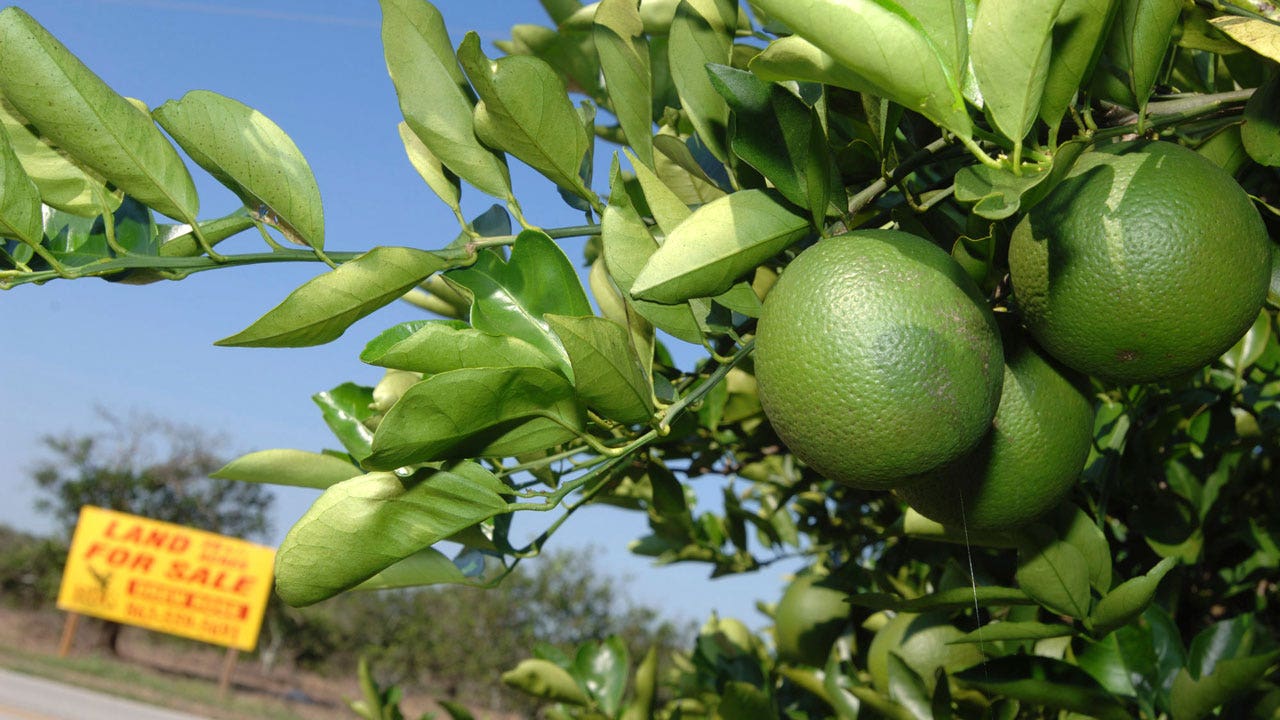Just about the only person who shows any interest in Ben Carson as the Republican vice-presidential nominee is the one whose opinion matters the most: Donald J. Trump.
Mr. Carson, the retired neurosurgeon and former housing secretary in Mr. Trump’s administration, is under consideration as one of “many people that would do a really fantastic job,” the former president told a local New York reporter last month.
Last week, Mr. Trump again highlighted the possibility of running with Mr. Carson, saying on Newsmax that he was among “many great people.”
And behind closed doors, Mr. Trump has spoken warmly of Mr. Carson, reflecting an odd-couple political friendship between the belligerent Republican leader and the soft-spoken doctor who ran against him in 2016.
That personal connection, which has deepened over the years, is why Mr. Carson continues to linger as a potential choice for Mr. Trump’s running mate even as the race shows signs of narrowing to a few top candidates including Doug Burgum, Marco Rubio and J.D. Vance.
Few people close to the former president give Mr. Carson much chance of being chosen. But given Mr. Trump’s unconventional approach and history of last-minute decisions, a surprise is possible — and in the wide universe of unlikely but he-just-might-do-it picks, Mr. Carson is probably the leading contender.
Mr. Carson, for his part, said during a CNN interview last month that if asked to join the ticket, he would “prayerfully consider it.”
“Trump has this amazing ability to speak directly to people’s hearts and minds without any filter or political correctness,” Mr. Carson said.
Still, their relationship has been complicated at times. During Mr. Trump’s criminal trial in New York, one of his former White House advisers, Hope Hicks, testified that he had thanked the publisher of The National Enquirer for a 2015 story claiming Mr. Carson had left a sponge in a patient’s brain. “This is Pulitzer-worthy,” Ms. Hicks said she recalled Mr. Trump as saying.
“My advice to Dr. Carson would be not to be his running mate,” Armstrong Williams, a Carson adviser, said in an interview, suggesting that the job could be grueling. “But if he sees his friend is going to have a tough road ahead, he’ll do anything he can to make that journey and that process easier for him.”
For Mr. Trump’s close allies, the case against Mr. Carson is rather clear.
He turns 73 in September, which is not helpful in a year when voters are worried about the advanced ages of both major presidential candidates.
Mr. Carson is also a fellow Floridian — he and Mr. Trump both live in Palm Beach County — and Mr. Trump is concerned about a constitutional provision that would pose an obstacle to a presidential ticket with two contenders from the same state. (Mr. Carson also spends much of his time in Virginia, Mr. Williams said.)
During Mr. Carson’s first foray into public service, working as secretary of housing and urban development in the Trump administration, he was often surrounded by scandal.
That rocky tenure, paired with his penchant for wildly eccentric statements, would seem to undercut Mr. Trump’s current preference for disciplined campaigners who present little risk of unwanted distractions for a campaign dealing with plenty. (Mr. Carson has equated Obamacare with slavery and suggested that sexuality was a choice by pointing to criminals who “go into prison straight, and when they come out, they’re gay.”)
But Mr. Trump has been intrigued by the idea of adding a Black man to his presidential ticket as a way to increase his gains among Black male voters, according to three people familiar with the process. He has also discussed picking Senator Tim Scott of South Carolina, the only Black Republican in the chamber, and Representative Byron Donalds, the only Black Republican in Florida’s congressional delegation.
Mr. Trump has talked about announcing his pick before the Republican National Convention in mid-July, or possibly even during the event. That leaves more than a month for him to vacillate over contenders, potentially creating an opening for an out-of-the-box choice.
Additionally, he seems to genuinely like Mr. Carson. Their friendship, according to people close to both men, is as real as it is perplexing.
For Mr. Carson, the inception moment in his friendship with Mr. Trump was the few minutes of painfully awkward television during a 2016 Republican primary debate when he was introduced to the audience but stopped and waited just offstage instead of walking to his lectern. Mr. Trump followed his lead and also stopped, even as other contenders walked quickly past the two men.
Mr. Carson viewed Mr. Trump’s decision to stop not as shared confusion but as camaraderie, Mr. Williams said.
Mr. Carson, who has campaigned for Mr. Trump this election cycle, has ramped up his public profile lately with a series of TV interviews that have doubled as marketing opportunities for his new book, “The Perilous Fight.” Published last month, the book lays out his views on incorporating biblical family beliefs into American culture.
Mr. Trump has spoken tenderly about uncomfortable moments with Mr. Carson.
During a speech in February at the Black Conservative Federation gala in South Carolina, Mr. Trump recalled feeling “a little bit nervous” during the 2016 campaign about Mr. Carson’s rise in the polls. But Mr. Trump said he had been put at ease by Mr. Carson, recalling that his rival told him before another primary debate: “You have nothing to worry about. God put you in this position. You’re going to win.”
“I was confused because I’m ready to go into a debate stage — and he’s doing so good and he made that statement,” Mr. Trump said in South Carolina, adding, “He’s been a great friend of mine.”
Taylor Robinson contributed reporting from New York.






